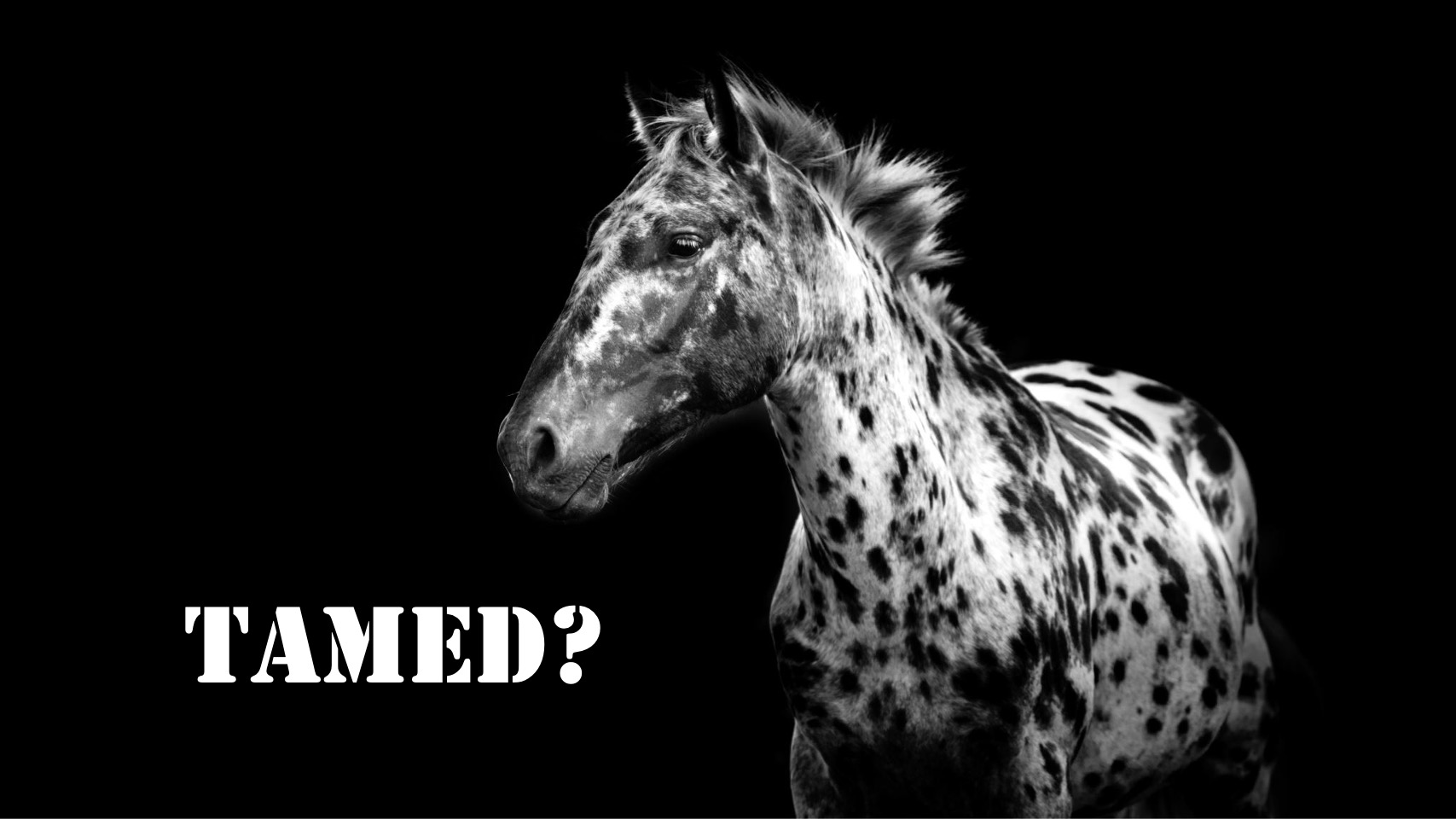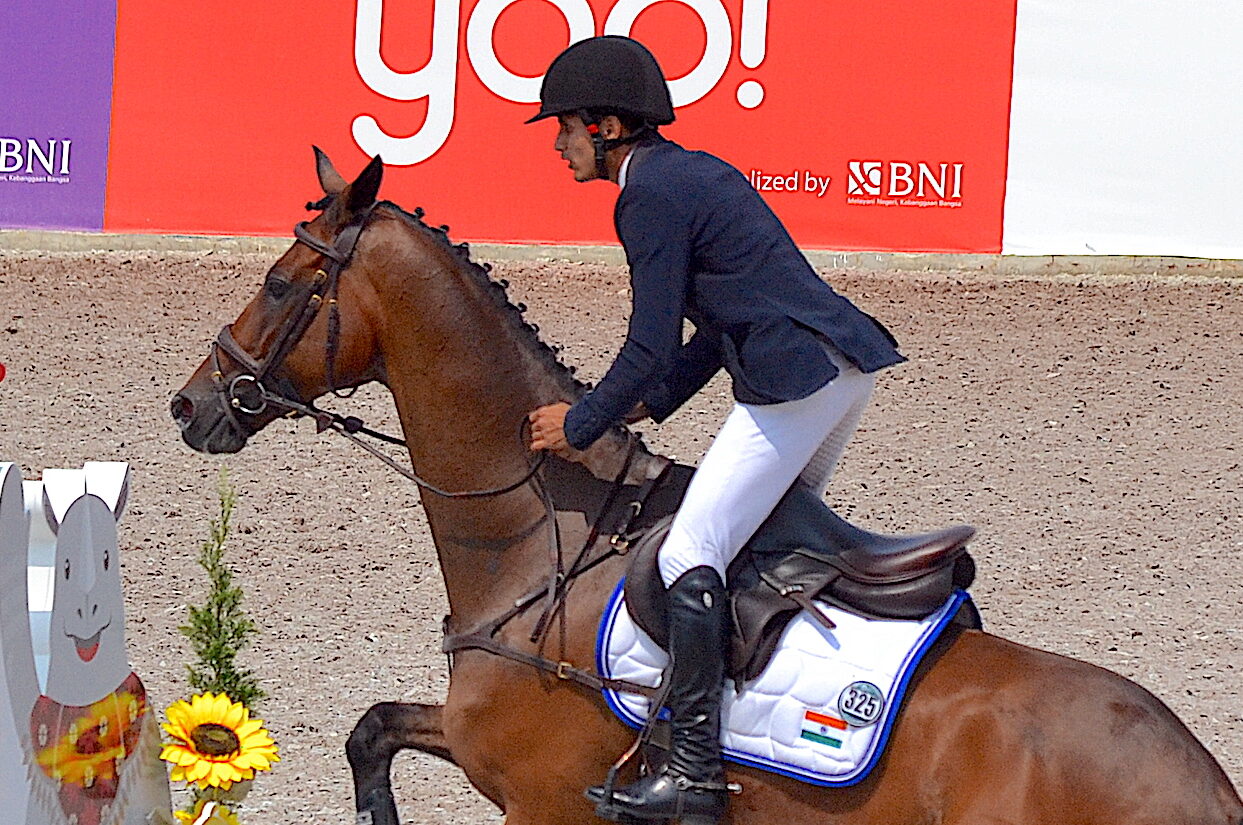Delhi High Court on Tuesday held that while clubs may have played a role in promoting Equestrian Sport, their role is ancillary to the State Associations. Justice Sanjeev Narula held that the exemptions granted by the Ministry of Youth Affairs and Sports to the Equestrian Federation of India (EFI) are arbitrary and lack substantive factual foundation
“History may provide a context, but it cannot be the basis of perpetuating non-compliance and override the principles of inclusivity enshrined in the National Sports Development Code of India 2011,” Justice Sanjeev Narula has said in the landmark judgement on the case between the Rajasthan Equestrian Association and its parent body Equestrian Federation of India.
“In absence of a fact-finding exercise before the exemptions were granted, the decision appears to have been a mere endorsement of EFI’s request, without independently verifying the actual state of facilities or participation,” the Judgement said, training the spotlight on the Ministry’s decision to exempt EFI from complying with certain key provisions of the Sports Code.
Justice Sanjeev Narula also relied on the Court-appointed Observer’s report to hold that the Ministry ought to have studied the discrepancies in membership – States Associations vis-à-vis Clubs – before granting exemptions. The exemptions allowing clubs voting rights at the National level undermines the pyramidical structure mandated by the Sports Code, he held.
Besides, the Judgement pointed out that the Ministry had merely noted the lack of infrastructure, expertise and horses but had not explained why these render compliance with the Sports Code impractical or riddled with practical difficulty.
Horses as athletes is contradictory to Sports Code
For sure, Justice Sanjeev Narula dismissed the specious argument proffered by the Equestrian Federation of India that the horse is an athlete and accepted without hesitation by the Ministry of Youth Affairs and Sports. EFI had come up with the two-athlete theory to make a U-turn and seek exemption from Code compliance because it was administering a ‘peculiar’ sport.
“The exemptions have been granted with undue emphasis on the perceived peculiarity of the sport, particularly the argument that horses are athletes rather than equipment. This contradicts the Code, which under Clause 10.4.4. categorises ‘horses’ along with their diet for Equestrian events as equipment for reimbursement of hiring/transportation by the Government,” he wrote.
In a piece – which you can read here – on September 4, 2020, CircleofSport pointed out that the EFI officials were propping up the two-athlete theory to confuse Ministry of Youth Affairs and Sports. The officers in the Ministry overlooked two facts. The Sports Code itself calls horses ‘equipment’ rather than ‘athletes’ and the Ministry of Finance levies GST on horses.
Rajasthan Equestrian Association Senior Counsel Rajiv Dutta had argued in Court that considering horses and riders as athletes is directly contradicted by the provisions of the Sports Code. “To equate horses with athletes is neither practical nor consistent with the regulatory framework governing sports in India,” he had argued in Court.
Mr. Dutta also pointed out that the Sports Code explicitly classifies horses as ‘equipment’ for Equine sports, reinforced by the imposition of customs duties on horse imports and GST on their sale and purchase. EFI Senior Counsel Jayant Mehta made a passionate bid in Court to show that horses are not equipment but athletes with mood swings.
On November 21, 2024, CircleofSport argued that if indeed horses were athletes, EFI had violated Government of India directives that only Indian athletes are eligible to be part of the National team and walk under the Indian Flag by fielding European horses in successive Asian Games. You can read that piece here.
EFI then went on a PR binge after that, perhaps only to mollify angry souls with some space in the media. But clearly that has had no impact on the Delhi High Court which went by the letter and spirit of the National Sports Code to point out that such perceived peculiarity was contradictory and should have no bearing on the governance of the sport.
Since EFI had ‘clarified’ to a daily newspaper that “While horses have passports, they do not have a nationality. They are registered as Indian heading out to international competition” I was compelled to write this piece where I suggested that EFI was trying to have the cake and eat it too by calling a horse an athlete when it suits it and then claiming that it has no nationality.
“The argument regarding the financial and logistical burdens associated with maintaining horses, while significant, does not justify an exemption that compromises the principles of governance and representation enshrined in the Sports Code,” Justice Sanjeev Narula held in his judgement.
“The Court notes that even under the current exemptions, the broader objectives of the Sports Code, i.e., representation, inclusivity, and grassroots development—remain unmet. The exemptions have merely institutionalised an unequal system where clubs dominate governance, sidelining State and District associations,” the Judgement held.
Yet, despite ruling that the exemptions granted to EFI are arbitrary and lack substantiative factual foundation, the Judgement has left it to the fact-finding committee, under Justice (retd.) Najmi Waziri, to make recommendations to the Ministry which will then make a reasoned decision on continuation, modification or withdrawal of the exemptions granted to EFI.
He was mindful of the fact that in May this year a Division Bench of the High Court of Delhi had reinstated the entire Executive Committee that was in place on December 18, 2019. It is another matter that the Executive Committee has hardly met and been active with the Secretary-General not even keeping it in the loop when making policy decisions.



